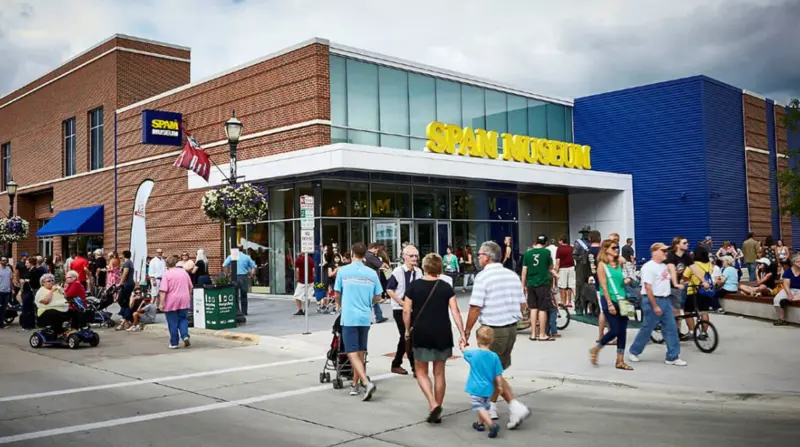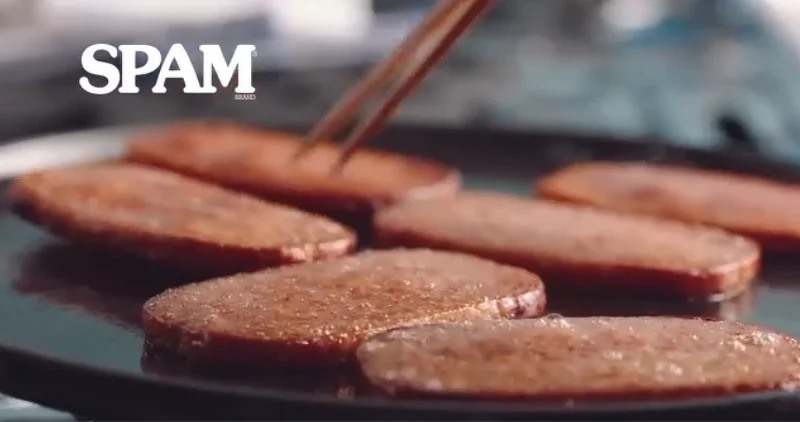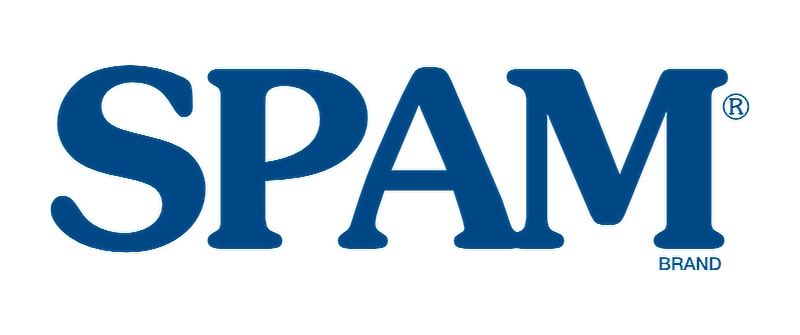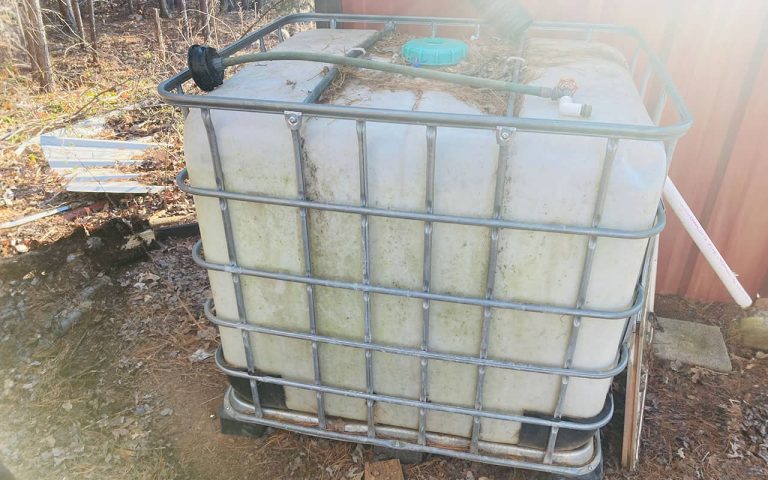Have you ever wondered, “What is SPAM® made of?” and “What is SPAM® shelf life?” I know that I have…
SPAM® is a relatively inexpensive meat product that stores very well. I keep a number of cases on the shelf as part of my overall extra food storage (which I consume and rotate over time). SPAM® lasts forever, right? More about that in a few seconds…
SPAM® is a canned precooked meat product made by the Hormel Foods Corporation. It was first introduced during 1937 in Austin, Minnesota (nicknamed SPAMTOWN USA) where it is still produced today in their 1.3 million square foot manufacturing facility, also their world headquarters.
SPAM® Shelf Life
It is fully cooked in the can. Therefore it is ready to eat right out of the can cold, or further cooked hot if so desired.
SPAM® shelf life is forever, right? 😉
Not actually. But it will store well for a long time.
The official response from Hormel to the SPAM® shelf life question is as follows.. “On the bottom of every can of SPAM® product you’ll find a “best by” date. This is the date Hormel Foods recommends using the product by.”
I just checked some of my own recently purchased cans and compared the stamped date with when I bought them. The stamped date differential (and therefore, SPAM® shelf life) looks like 3 years, in my estimation.
However, as with most canned foods, these “best by” dates are not when the food becomes unsafe to eat. In fact, many canned foods can be safely consumed LONG afterwards.
[ Read: Use By & Sell By Dates ]
I have opened up and eaten a can of SPAM® with a “best by” date years beyond what was printed. Not only was it still SPAMalicious, I did not keel over after eating it, and I’m still here to tell you about it!

A few fun facts about SPAM®
SPAM® is still quite popular in the United States because it is versatile and convenient. I’ve read a statistic that 3.8 cans are consumed here in the USA every second!
According to Hormel, 12.8 cans of Spam are eaten in the world every second!
Here’s a fun fact.. A can of SPAM® originally cost 25 cents when it was introduced during 1937.
Approximately 100 million cans were distributed to the Pacific to help feed U.S. troops during World War II. I also read that over 150 million pounds of the product were shipped to the front, which is how it landed in Hawaii, Guam, and the Philippines (very popular in those places to this day).
Hawaii / Islanders especially love their SPAM®! Residents there have the highest per capita consumption in the United States with a consumption of ~ 7 million cans per year.
Why do they call it SPAM? Hormel says, “One popular belief says it’s derived from the words ‘spiced ham.’ The real answer is known by only a small circle of former Hormel Foods executives.”
If you’re ever in SPAMTOWN USA (Austin, MN) you should stop by and check out the SPAM MUSEUM.

Here’s what SPAM® is made of:
what SPAM® is made of
SPAM® (Classic) Ingredients List
Pork with Ham — Shoulder and Rear (the meat)
Salt (flavor and assist in preservation)
Water
Potato Starch (a ‘binder’, and helps keep moisture inside the meat)
Sugar (sweetness)
Sodium Nitrate (color – keeps the meat pink)

SPAM® Nutrition
SPAM® (Classic) is sold in 12 ounce cans. I just picked up a can from my own inventory and this is what the label reads:
Calories 1080 (180 x 6 servings)
Total Fat 96 grams (16 x 6 servings)
of which 36 grams Saturated Fat (6 x 6 servings)
Cholesterol 240 mg (40 x 6 servings)
Salt 4.7 grams (1/6 tsp x 6 servings)
Carbohydrates 6 grams (1 x 6 servings)
Protein 42 grams (7 x 6 servings)

There’s almost a full day’s worth of recommended daily protein in a single can of SPAM®! What more excuse do you need to get some for preparedness or otherwise?
[ Read: How Much Protein Do You Need Each Day? ]


















